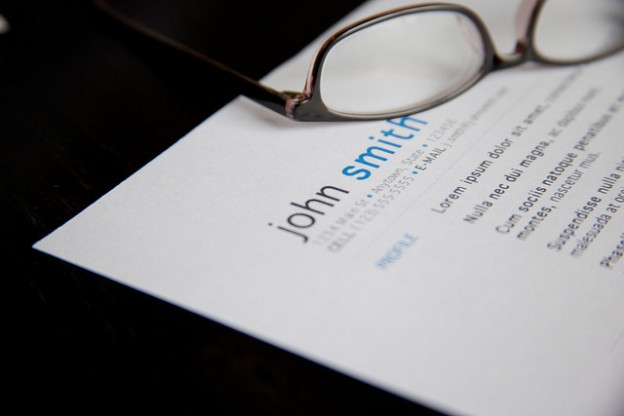Many people spend a great deal of time searching for their ideal job; however, they tend to devote far less time to creating a dynamic resume. This is unfortunate, given that employers rely heavily on resumes in the hiring process. Currently, most Fortune 500 companies and many smaller companies use keyword searches to determine if a resume will even be viewed by a human being. At that point, a resume has only a few seconds to catch an employer’s attention. For this reason, it is important for job seekers to present their most relevant qualifications and strengths in a clear and concise manner to maximize the impact. You can accomplish this by simply remembering your ABCs:
Accomplishment Statements, Rather Than Job Descriptions: Your achievement statements should clearly support your job objective. Many people have difficulty recognizing their strengths and completely overlook some of their greatest accomplishments. If you have difficulty in this area, try to examine what you do (and/or have done) from the employer’s perspective. For example, you might ask yourself the following questions: When did I take the initiative? Did I win awards? What can I do better than anyone else? Did I save the company time and money? Did I complete tasks in less time than expected? It can also be helpful to reflect on your previous professional experience using the challenge-action-result (CAR) method: What challenge existed? What action did I take? What was the result? If you can quantify the results using percentages, dollar amounts, or time frames, you will strengthen your resume even more.
Be Selective: Sift through all of your work- and education-related information and choose only what is relevant to your job objective. You should not include personal information, such as marital status and hobbies. Do not be afraid to leave information off of your resume if you believe that it might not make you look like the best candidate for the job. It is acceptable to delete information that is not relevant to your job objective, as long as you do not create gaps in your work history.
Customize Your Resume: Submitting the same resume for every position for which you apply cannot possibly meet each employer’s individual requirements. Therefore, you should revise your resume for each job application to make sure it fits the opportunity at hand. Before responding to a job posting, review the job description to determine which credentials are important to use as a checklist for what should appear on your resume.
Once you are done, it is essential that you proofread your resume. You might also consider submitting it to a professional proofreading and editing service. Obvious errors in your resume will immediately raise concerns about the quality of your work and your attention to detail.
After having spent so much time in search of your dream job, make sure that you show employers why you are the best candidate for the job. Crafting a resume that demands responses is as simple as ABC.

